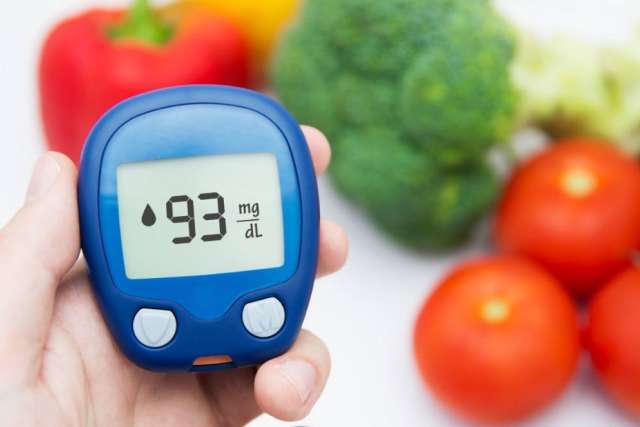Dear Doctors: I mentioned to a friend that I’m starting a low-carb diet that puts your body into ketosis. She said not to because ketosis is one of the dangerous complications that can happen to people with diabetes. Is that right? If so, how can low-carb diets ever be safe?
Dear Reader: Your friend made a fairly common mistake. She has confused ketosis, which is a shift in how the body uses energy when carbohydrates are not available, with ketoacidosis, which is a serious complication of Type 1 diabetes.
The names are similar because both involve chemicals known as ketones. These are an alternative fuel source that the liver makes from stored fat. This occurs when glucose, which is derived from carbohydrates and is the body’s go-to source of energy, is in short supply. However, ketosis and ketoacidosis are not the same thing. Unlike ketosis, which is generally safe, ketoacidosis is a grave and life-threatening condition. Also known as diabetic ketoacidosis, it occurs in people living with Type 1 diabetes when their insulin levels become too low. This results in a buildup of ketones in the bloodstream, which causes the blood to become dangerously acidic. The condition is usually triggered by hormone imbalances that result from certain types of illness, or by a problem with insulin therapy.
Diabetic ketoacidosis is a medical emergency. Without immediate care, it can lead to death. Although it is seen most often in people living with Type 1 diabetes, under certain conditions, it is possible for it to occur in someone with Type 2 diabetes as well.
For those who don’t have diabetes, are in good health and are not pregnant, ketosis can be a safe and effective way to help with weight loss. It’s a metabolic state that is achieved by strictly limiting the amount of carbohydrates in the diet. Without carbohydrates to process into glucose for fuel, the body switches to burning stored fat for energy instead. It takes three to four days of eating 50 grams or fewer of carbohydrates to nudge the body into ketosis.

People who follow low-carb weight-loss plans that keep the body in ketosis report a reduction in appetite and, eventually, in cravings for sweets. This type of eating also results in rapid weight loss, particularly at the start, as excess water leaves the body. Without carbs in the diet, blood sugar control tends to improve, as do blood lipid levels. Another potential benefit is that initial fat loss tends to come from the abdominal cavity. However, there are challenges as well. Among these is keeping the body in ketosis while still getting enough fresh fruit, vegetables and leafy greens for a healthful diet. Fifty grams of carbs per day go quickly. There is also some evidence that, over the long term, this type of restrictive diet can have an adverse effect on the health and diversity of the all-important gut microbiome.
If you’re still interested in following this type of diet, we suggest that you seek guidance from your health care provider or a registered dietitian.
At UCLA Health, our Division of Endocrinology, Diabetes and Metabolism consistently ranks among the top programs of its kind in the nation. Learn more and schedule your appointment.
(Send your questions to askthedoctors@mednet.ucla.edu, or write: Ask the Doctors, c/o UCLA Health Sciences Media Relations, 10960 Wilshire Blvd., Suite 1955, Los Angeles, CA, 90024. Owing to the volume of mail, personal replies cannot be provided.)





